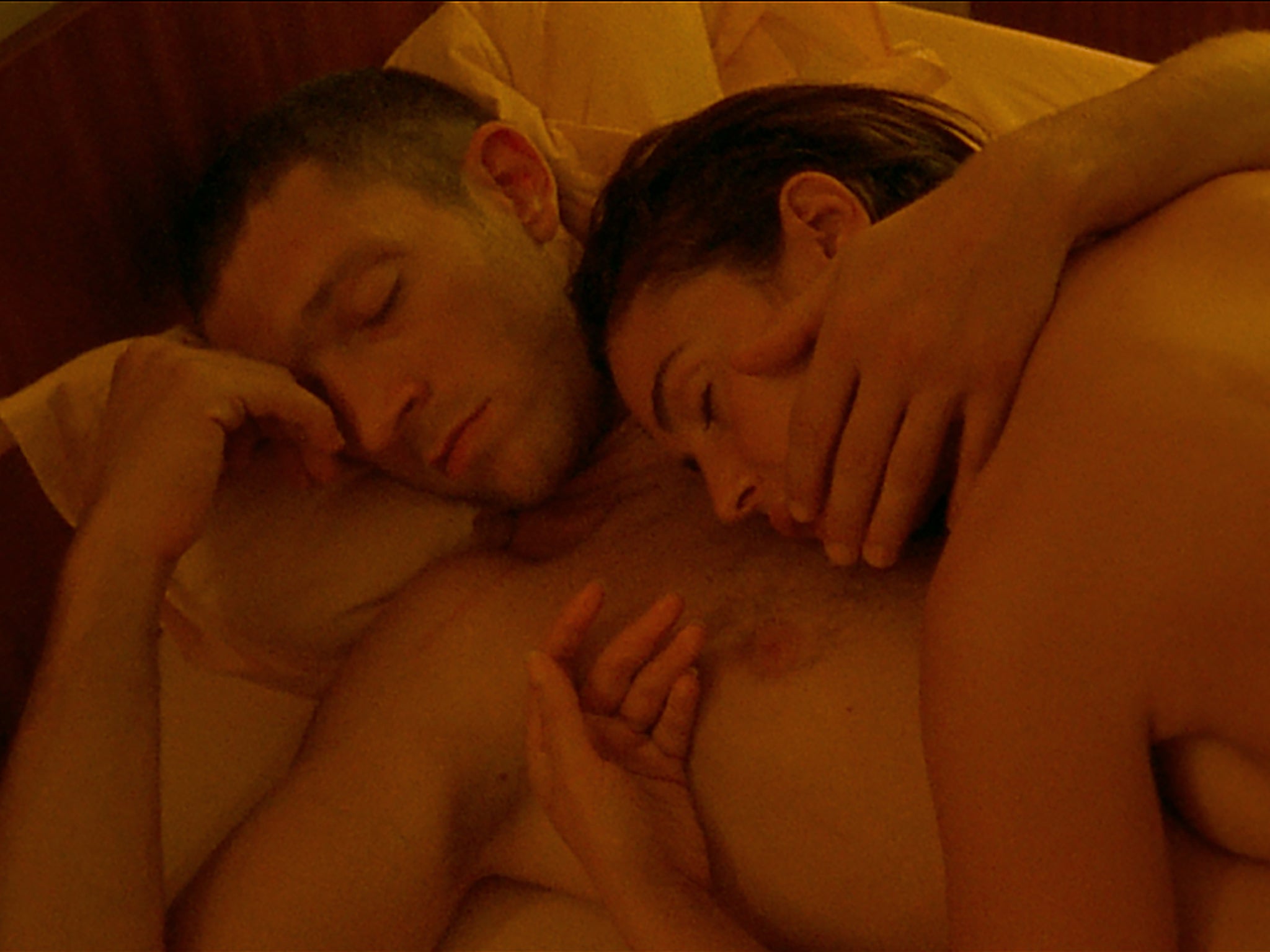‘Irreversible’ has the most brutal rape scene in cinematic history – so why is it being presented as a feminist film?
Gaspar Noé’s controversial 2002 feature has been re-edited and will be re-released next year. But in the wake of the #MeToo movement, asks Geoffrey Macnab, is revisiting such a film unconscionable?

There was a curious moment during the first press screening of Gaspar Noé’s new version of his 2002 feature Irreversible at the Venice Film Festival last week. In the middle of the film’s most notorious scene, the sequence in which Monica Bellucci’s character is brutally raped and assaulted by a sadistic, knife-wielding pimp in a subway underpass, the house lights suddenly came on. Looking around the cinema, you saw other spectators staring at their feet, trying to avert their gaze from the screen. They seemed a little bit ashamed about being there.
Seventeen years on, the scene still has the same repellent power that so upset audiences and critics, provoking mass walkouts when it premiered at the Cannes Film Festival. You can’t help but wonder why Bellucci and her director Gaspar Noé want to revisit the film now. Haven’t they made us squirm enough already? Surely, in the wake of the #MeToo movement, showing such a film again is absolutely unconscionable?
In fact, according to the filmmakers, the reverse is the case. Irreversible is now being presented to audiences as a “feminist” movie, as its star Bellucci calls it. She has a point. Few other movies in recent times have dealt so frankly with male violence towards women and the psychotic desire to hurt and humiliate them. However what undermines Bellucci’s thesis that Irreversible is a feminist tract at heart, is the sheer fetishistic nature of the violence; the way Noé dwells on the victims’ suffering. The rape sequence lasts for nine minutes and is done in a single shot. It is bravura filmmaking but that doesn’t make it any the less appalling. Rape sequences in other controversial films such as A Clockwork Orange (1971), Straw Dogs (1971) and Elle (2016) are nothing like as graphic or as prolonged as the agonising sequence shown here at such length.
Subscribe to Independent Premium to bookmark this article
Want to bookmark your favourite articles and stories to read or reference later? Start your Independent Premium subscription today.
Join our commenting forum
Join thought-provoking conversations, follow other Independent readers and see their replies